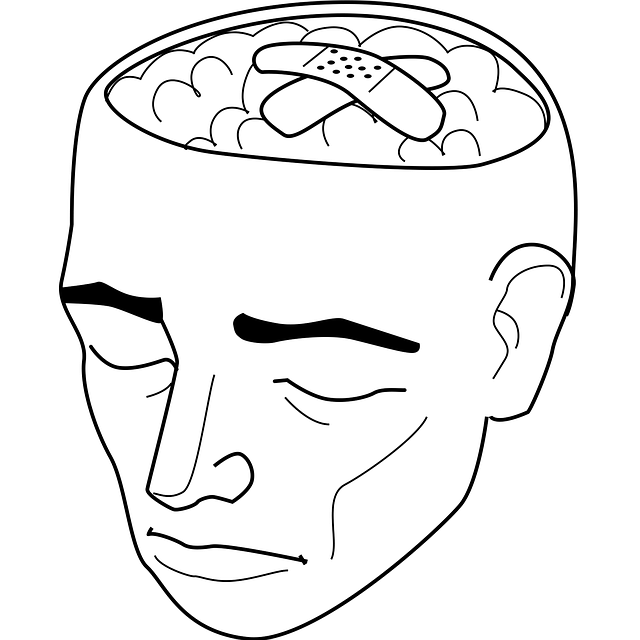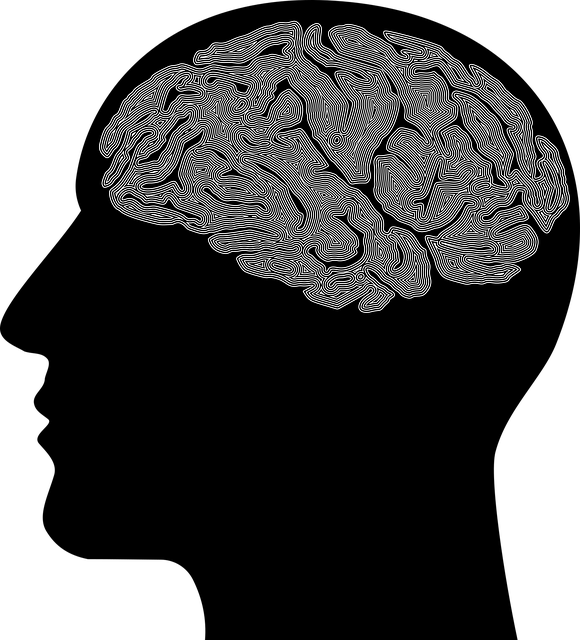Englewood Men's Issues Therapy (EMIT) offers a specialized program integrating individual therapy, group support, and community outreach to address unique mental health challenges faced by men. Through holistic activities focusing on emotional regulation and resilience building, EMIT enhances mental wellness while advocating for inclusive Mental Health Policy. They utilize rigorous evaluation methods including pre-post assessments and qualitative techniques to refine programs based on participant needs and feedback, positioning them as a leader in effective mental wellness program evaluation.
Englewood Men’s Issues Therapy (EMIT) has pioneered innovative mental wellness programs, offering tailored support for men’s unique challenges. This article delves into the evaluation methods employed by EMIT to assess program effectiveness. From qualitative feedback to advanced data analytics, we explore how these strategies facilitate continuous improvement. By examining participant outcomes and incorporating real-time insights, EMIT ensures its services remain dynamic and impactful, providing a comprehensive approach to mental wellness promotion within their community.
- Understanding Mental Wellness Programs at Englewood Mens Issues Therapy
- Evaluation Methods for Measuring Program Effectiveness
- Continuous Improvement: Feedback Loops and Data Analysis Techniques Used by Englewood Mens Issues Therapy
Understanding Mental Wellness Programs at Englewood Mens Issues Therapy

Englewood Mens Issues Therapy (EMIT) is a specialized program designed to address unique mental health challenges faced by men and boys. This therapeutic space offers a range of evidence-based practices tailored to promote emotional well-being, enhance coping strategies, and foster healthy relationships. The program’s approach integrates individual therapy, group support sessions, and community outreach, creating a holistic environment for personal growth.
At EMIT, the focus is on empowering individuals to develop effective emotional regulation skills, enabling them to navigate life’s stresses and challenges with resilience. Through structured activities and interactions, participants engage in the process of self-discovery, learning valuable coping skills that can significantly improve their mental health. This holistic approach not only benefits the individuals but also contributes to a broader Mental Health Policy Analysis and Advocacy effort, advocating for more inclusive and effective support systems within the community.
Evaluation Methods for Measuring Program Effectiveness

Effective mental wellness programs require rigorous evaluation methods to measure their impact and effectiveness. One key approach is utilizing pre-post assessment models, where participants’ mental health status is evaluated before and after program involvement. This method provides valuable insights into the program’s contribution to improved mental well-being. For instance, at Englewood Men’s Issues Therapy, researchers might assess clients’ symptoms of anxiety and depression using standardized questionnaires before starting therapy and again upon completion. A significant reduction in scores indicates successful program outcomes.
Additionally, qualitative methods such as interviews and focus groups can offer deeper understanding. Engaging participants in open discussions about their experiences allows for the identification of specific communication strategies and social skills training techniques that resonate most. For example, the implementation of a Community Outreach Program might reveal enhanced community support and improved social connections among program alumni. These evaluations collectively contribute to refining mental wellness programs like those at Englewood Men’s Issues Therapy, ensuring they remain effective and aligned with participants’ evolving needs.
Continuous Improvement: Feedback Loops and Data Analysis Techniques Used by Englewood Mens Issues Therapy

Englewood Men’s Issues Therapy (EMIT) recognizes that continuous improvement is vital for effective mental wellness program evaluation. They employ robust feedback loops and sophisticated data analysis techniques to ensure their services meet the evolving needs of their clients. By regularly gathering input from participants, therapists, and stakeholders, EMIT identifies areas for enhancement and adapts its therapeutic approaches accordingly. This iterative process allows them to refine emotional well-being promotion techniques and self-esteem improvement strategies based on real-world data.
Through in-depth analysis of program outcomes, client satisfaction surveys, and qualitative feedback, EMIT gains valuable insights into the effectiveness of their programs. They use these findings to make informed decisions, modify existing interventions, and develop innovative solutions tailored to the unique challenges faced by men seeking mental health support. This commitment to data-driven decision making strengthens EMIT’s position as a leader in effective mental wellness program evaluation and fosters a culture of continuous learning and growth.
Englewood Men’s Issues Therapy has demonstrated a comprehensive approach to mental wellness program evaluation, utilizing various methods to measure effectiveness. By implementing feedback loops and sophisticated data analysis techniques, they continuously improve their services. This strategy ensures that the programs remain relevant and tailored to the unique needs of their clients, ultimately enhancing overall well-being. Such an evidence-based methodology sets Englewood Mens Issues Therapy apart as a leader in mental health care, offering a model that can be adapted and applied in various therapeutic settings.









